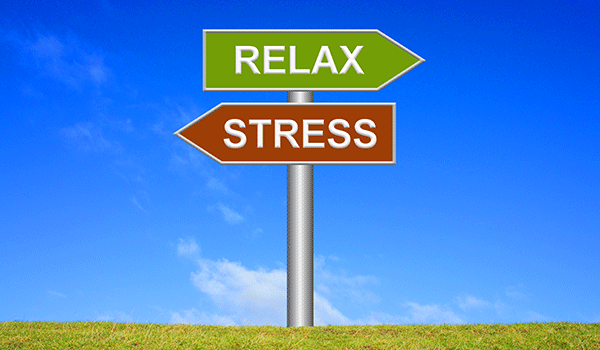
Exercise is good. It helps you lose weight or keep the weight off and it boosts your sense of wellbeing. We’ve written dozens of articles on exercise and its benefits on our blog. Yet even with something as beneficial as exercise, it is possible for you to overexert and obtain permanent injuries if you don’t take the right precautions. A major sign of overexertion as you exercise is pain. While there may be a bit of pain as you work out, it should not be excruciating and it should not cause permanent damage.
Overexerting yourself as you exercise can also lead to muscle tears and fractures. None of these are the results anybody wants from exercise. Thus it is important to protect yourself during your routines. In this article, we will be talking about how you can protect yourself from injury and overexertion when you work out.
Protect Yourself From Overexertion When You Work Out
Check with your doctor
Have you had a recent check-up with your doctor? What do they say about exercise for you? Depending on your underlying health conditions, certain types of exercises may not be advisable for you and thus, it is important to get clearance from your primary care doctor before you begin a rigorous regimen.
If you are diabetic for instance, while exercise is a good component of controlling the condition, overexertion can lead to a diabetic crisis and ultimately death. Your life depends on it. Ask your doctor before you begin an exercise regimen.
Warm up and cool down
It is not a waste of time to warm up before you exercise or to cool down after the fact. Your body needs it.
Warming up gradually gets your heart pumping oxygen-containing blood to your muscles. With this increased oxygen to your muscles, your muscles are less likely to become fatigued. This helps to reduce the chance that you get muscle cramps and will lessen your risk for injury.
Cooling down slowly reduces your heart rate to what it was before you started exercising and this reduces injury as well.
Choose exercises that are designed for you
A certified personal trainer will help you choose the right exercises for your age, body type, health status, and for your specific personal goals.
For one person, they may need exercises that increase fat burn and allows them to lose weight. For a person who doesn’t need to lose weight, perhaps exercises that build up muscles will be suitable.
Depending on these factors and your personal goals, a personal trainer can help you with exercises that are perfect for you and which don’t tire you out.
Rest when you begin to feel exhausted
While you are exercising, it is important to take breaks when you need them. You are not weak when you take breaks. Rest is just as important as exercise.
Being tired while exercising is normal but if you find that you get out of breath very quickly or are experiencing exhaustion, dizziness, and a loss of balance as you exercise, stop immediately and get medical help.
Maintain a healthy diet
Maintaining a healthy diet is another jigsaw piece in your quest to stay healthy. It goes hand-in-hand with staying safe as you exercise.
Nourishing your body with the right nutrients – proteins, carbohydrates, fats, vitamins, and minerals – gives your body the building blocks that provide you with the energy you need during your exercise routine.
Proteins, carbohydrates, and fats are used by your cells to generate adenosine triphosphate (ATP). ATP is biological fuel that allows you to carry on with all your daily activities.
When you exercise, you need more molecules of ATP.
Eating the right foods will ensure you have this energy source to exercise safely.
The Bottomline
Overexertion during your workout routine is detrimental to your health and fitness goals. It is important to work with your doctor and possibly a personal trainer to come up with a balance of exercises that work best for you. And by all means, take breaks when you need them.

